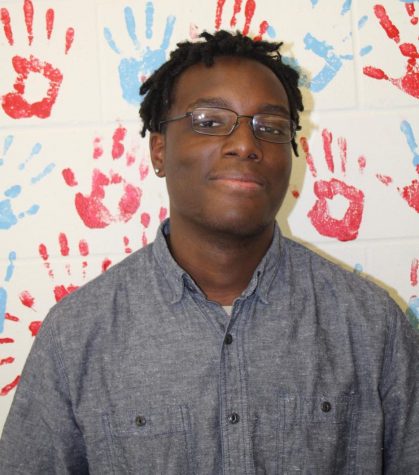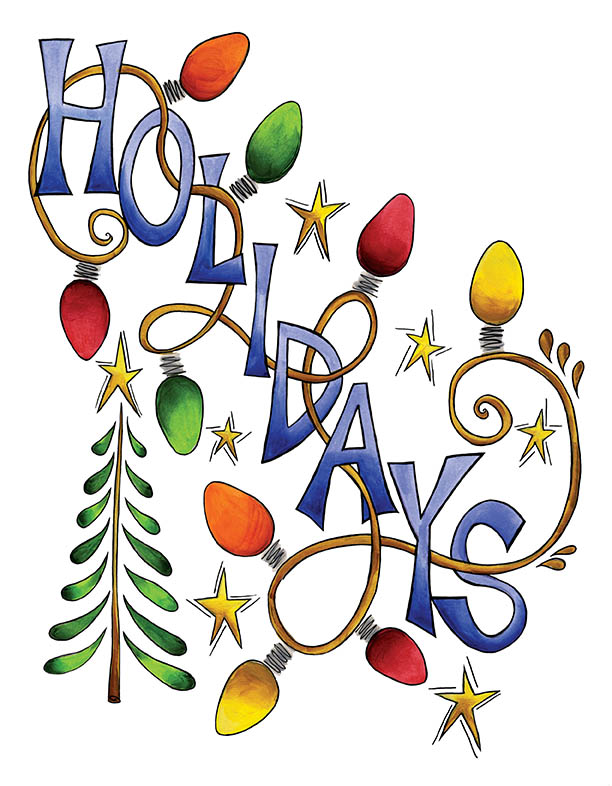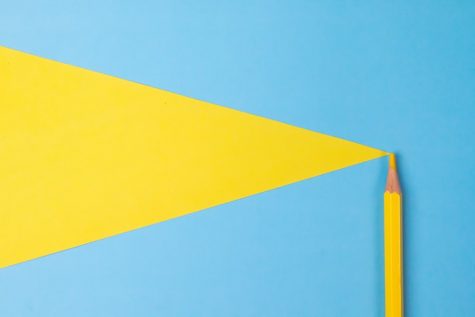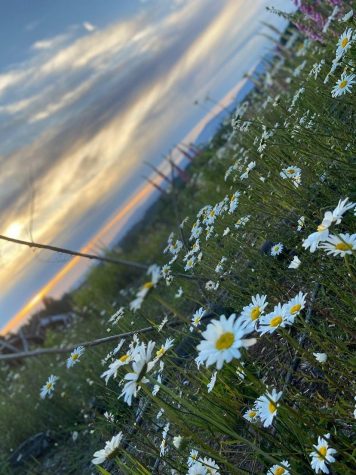Holidays Are Not Limited To Christmas Celebrations
It’s December, and in America, December is known for two things: Christmas and New Years. As most people know, Christmas is on the 25th and New Years Eve falls on the 31.
Christmas and New Years may be popular in America, but in other countries not so much.
There are many countries around the world that rarely ever have the same holidays, instead they often replace other countries’ holidays with their own holiday that better represents something important and unique to them.
So here are two very popular holidays that replace Christmas for a certain group of people and creates a holiday more special to them:
Hanukkah/Chanukah
- Hanukkah is a Jewish holiday that last eight days: from December 2nd – December 10.
- This holiday celebrates Judah the Maccabee victory over the greeks, driving them out of the Holy Land and reclaiming the Holy Temple.
- After Judah’s victory, the Jewish sought to light the Holy Temple’s Menorah. All that was left was a single cruse of pure olive oil that burned for eight days, the reason why Hanukkah is eight days also.
- The most essential part of Hanukkah is the nightly lighting of the menorah, which holds nine flames.
- The first candle lit is the Shamesh (attendant), which is then used to light the rest of the candles.
- The menorah is normally placed in front of a window or doorway.
- Before lighting the candles a special blessing is recited, and after that a traditional song is sung.
- Special prayers are recited daily.
- Daily prayers and the Grace after Meals are sought to offer praise and thanksgiving to God.
Kwanzaa
- Derived from the phrase “matunda ya kwanza,” which means “first fruits” in Swahili.
- Celebrations often include songs and dances, African drums, storytelling, poetry reading, and a large traditional meal.
- On each of the seven nights, the family gathers and a child lights one of the candles on the Kinara (candleholder), then one of the seven principles, Nguzo Saba, is discussed.
- Nguzo Saba are values of African culture which contribute to building and reinforcing community among African-Americans.
- Kwanzaa also has seven basic symbols which represent values and concepts reflective of African culture. An African feast, called a Karamu, is held on December 3.

Senior Jalen Knight is a varsity player on Centennial High School’s baseball team and has participated in Key Club. After graduating from high school,...






